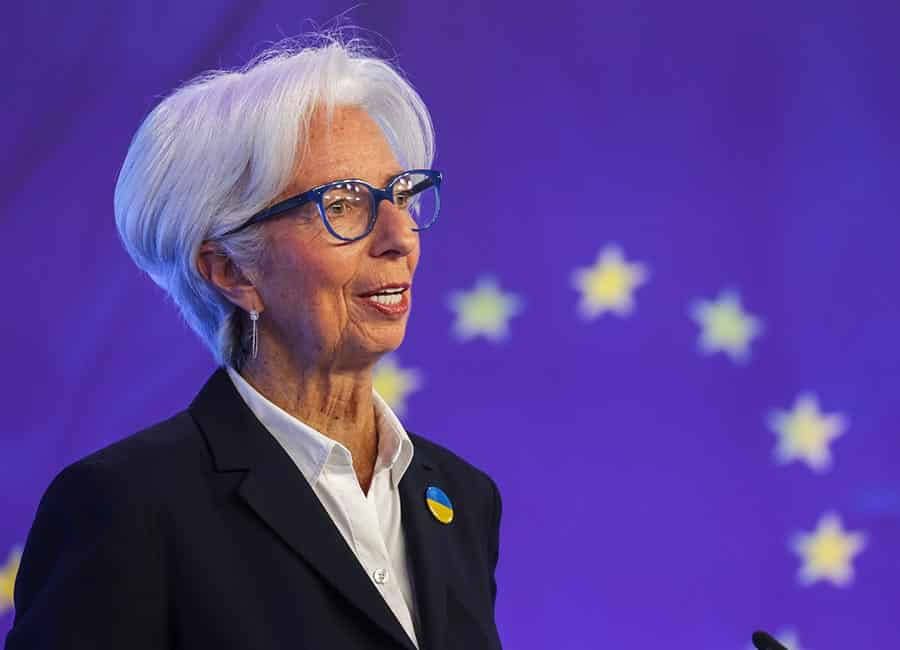The OECD has forecast that the Irish economy will grow 3.8% in real GDP terms and 0.9% in terms of modified domestic demand, the metric that strips out the contribution of multinationals, in 2023.
In its 2022 economic survey for Ireland, the organisation said the economy had weathered Covid-19 and was coping well with the fallout from Russia's invasion of Ukraine, describing the government as having acted "forcefully" to protect households and businesses from both shocks.
The OECD expects that GDP growth will total 10.1% and MDD 8% in 2022, crediting "buoyant" exports in the multinational sector for the difference and high vaccination rates for the quick recovery.
It noted that high inflation had been limited to energy prices before becoming more broad-based and that rising property prices reflected unmet demand, "past underinvestment and a sluggish supply response".
"Exports of multinational-dominated high-growth sectors will continue to support GDP growth, albeit at a decelerating rate," the OECD said in its report. "While inflationary pressures are projected to gradually abate, war-related factors may keep up inflation, thereby denting domestic demand and slowing the economy further."
The think tank has forecast core consumer price inflation of 4.8% for the full year, declining slightly to 4.6% in 2023 and 3% in 2024. Overall, inflation will average 8.4% this year, before falling slightly to 7.2% next year and 2.4% the year after. The OECD has also predicted that unemployment will rise from 4.7% to 5.3% next year.
It also warned that despite budget balances having not deteriorated as badly during the pandemic as in other rich countries, fiscal policy faces a number of short and long-term pressures such as inflation, climate change, the ageing population, changes to corporation tax.

However, the Paris-based group said that additional spending to support demand "should be avoided in the current context of high inflation," recommending only temporary, targeted measures to support vulnerable households, and that changes to the corporation tax regime "are very uncertain".
The OECD identified that affordability of housing as a priority, requiring "a stronger supply response," with Ireland currently well below the EU and OECD averages for dwellings per thousand inhabitants.
It noted that gains in the health of the nation over recent decades have been "impressive," with life expectancy now among the best in the OECD, while pointing to inefficient health spending, long waiting times, and a de fact two-tier healthcare system.
The group highlighted Ireland's reliance on agriculture for its failures in meeting emissions targets as well as efforts to develop renewable energy infrastructure and carbon budgets, although the dairy herd continues to grow.
"Without more progress in agriculture, meeting the 2030 target will require greater effort from other sectors. This will raise the overall costs of reductions substantially," it said.
Elsewhere, the OECD said the financial sector had weathered recent shocks well, while mortgage arrears continue to limit credit supply, returns on equity remains low and Ulster Bank and KBC plan to exit Ireland.
The body said the rise of lending by non-lending baks creates risks that needed to monitored closely.
(Pic: Getty Images)











